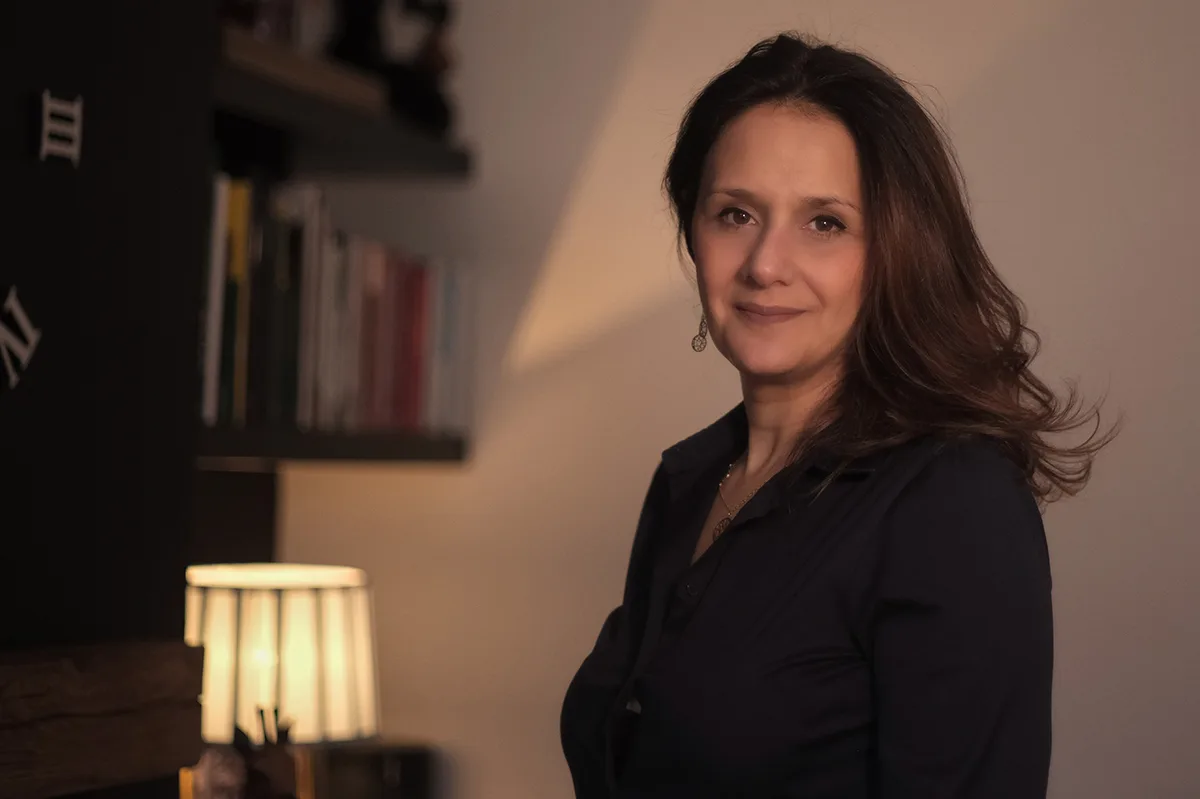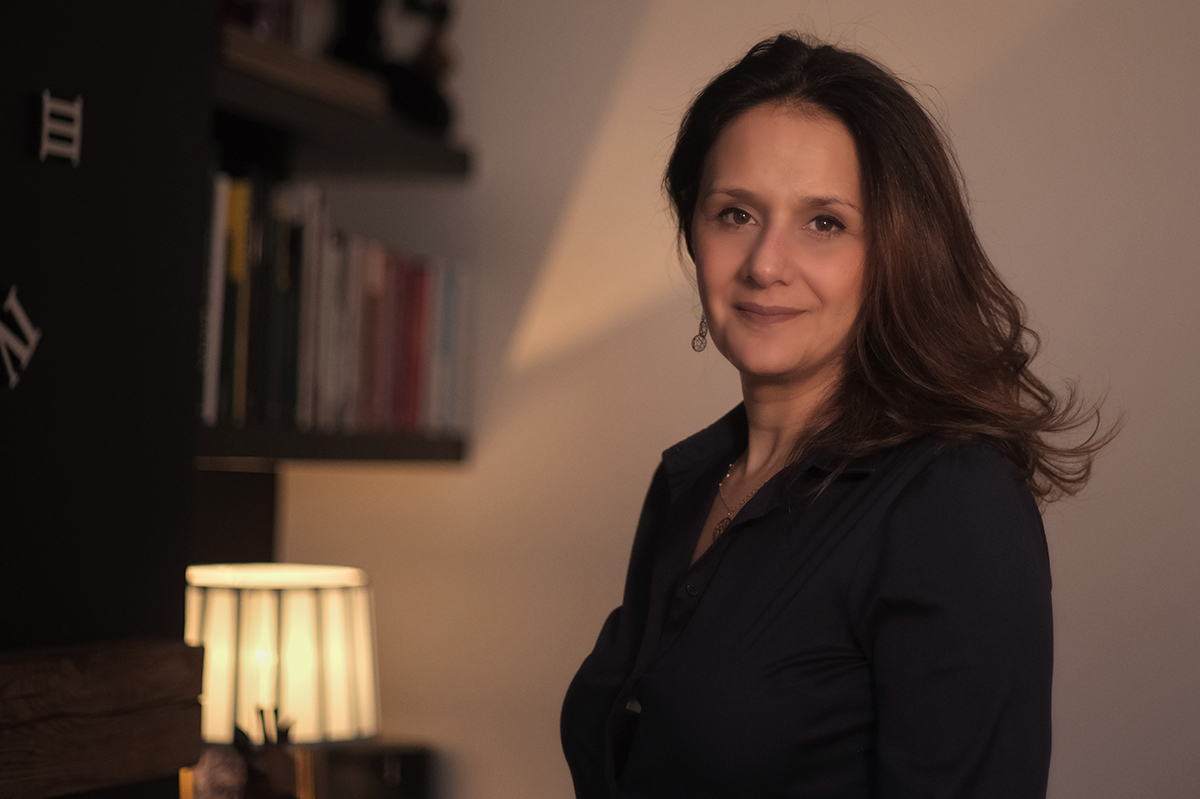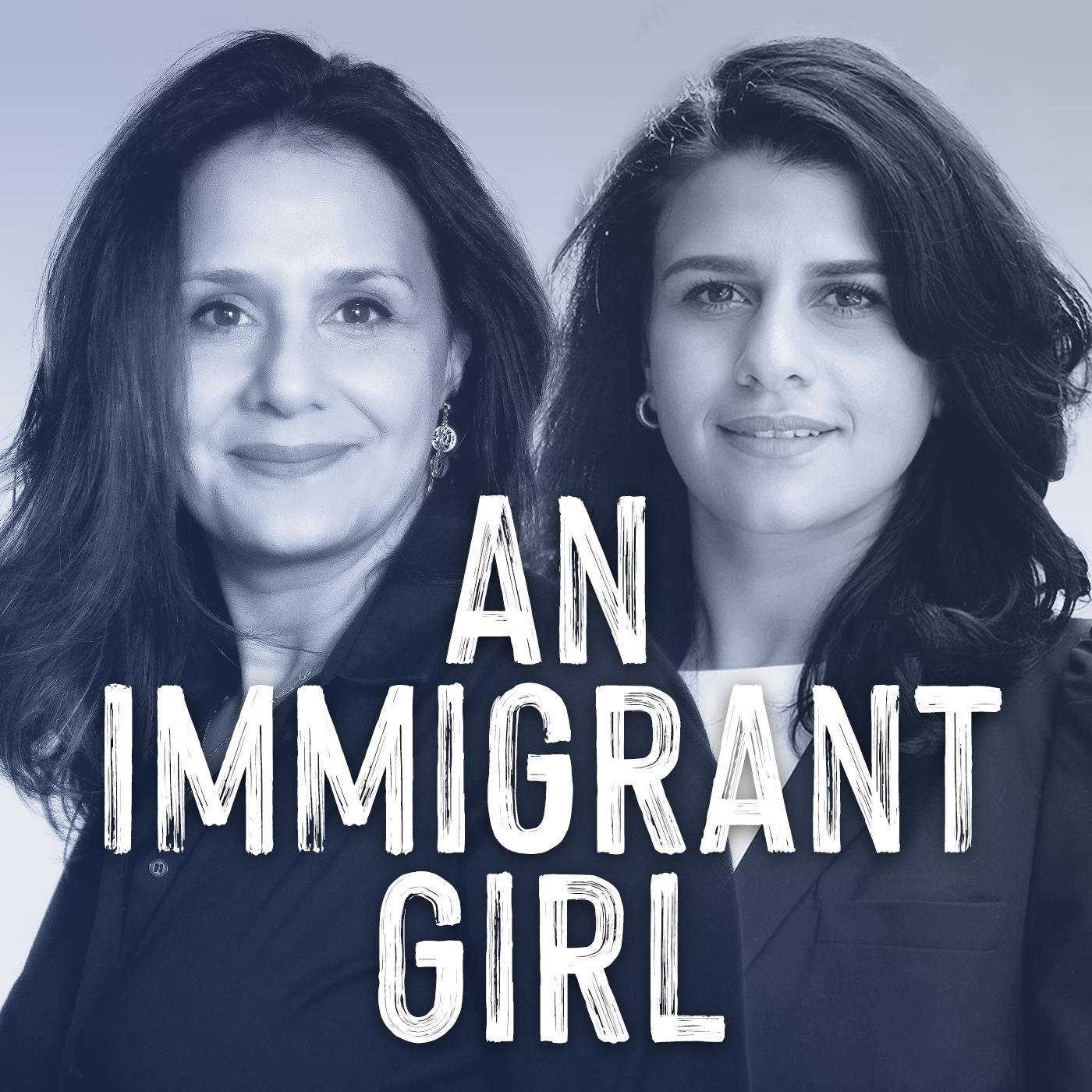
In episode 26 of the Startups Without Borders podcast, we speak to Randa Bennett, an Iraqi entrepreneur who migrated to the UK and built a startup in a male-dominated industry. But when Covid hit, she had to pivot her business – and find the opportunity within a challenging time.
By Grusha Manyonyi
In episode 26 of the Startups Without Borders podcast, we speak to Randa Bennett, a London-based Tech Founder and CEO of V-Help, and the host of the newly launched podcast “An Immigrant Girl.” Having immigrated to the UK in the late nineties, Randa worked through learning English, going to university, and building a career in the male-dominated tech industry, winning several awards as a Fintech founder.
As the Covid19 pandemic hit the entire world, Randa had to once again readapt and pivot her business, launching V-Help. In this episode, Randa narrates her journey through building a startup, raising investment, and reinventing herself when the unexpected comes.
Transitioning from Iraq to England was challenging, says Randa. “Everything was a challenge, from the language, from a career perspective, everything was new and different,” she says. She had to redefine her goals, her career, her confidence, and passions again.
“Startups are for Harvard graduates, you hear in all of these headlines; and I held back for so long because of these stereotypes,”
Losing her confidence was one of the greatest setbacks. After moving to England, she was able to re-learn, did a secretarial course, and got a job as a team organizer, and it was then that her passion for technology ballooned. “And then through that, and through exposure, I started to decide what I like and what I don’t like and the cultures that I liked. And that’s how I got into technology,” Randa recalls.
Having seen her mother excel in her businesses, Randa knew that she would love to have her startup, but the lack of confidence held her back. Until her late thirties, she was able to respond to her spark, having gathered enough knowledge to what spoke to her heart. “Startups are for Harvard graduates, you hear in all of these headlines; and I held back for so long because of these stereotypes,” she narrates.
Her Entrepreneurial Journey
In her quest to be an entrepreneur, Randa experimented with many ideas that she wanted to make unique. She was always looking out to fill the market gap and offer a solution to her community and the world. One of the first businesses that she heartily recalls is an idea passed to her by her friend about making low-fat ice cream.

“I’ve experimented with quite a few things which I wanted to be unique; but they didn’t work out.” V-Loop was her first business idea; it offered payment solutions for kids and teenagers. “And also I did a lot of market research. I couldn’t find anything that held me back. And I just went on with it and quit my job and raised money, and the rest is history,” Randa recalls.
“We applied for every investment under the sun, it got rejected. And we just had to pick ourselves up and try again and try again.”
It wasn’t a smooth transition to start the entrepreneurial journey. Getting investors to invest in their idea was a nightmare. They wrote so many proposals to investors, and most of them rejected them because they didn’t have a referral. Breaking that spell took a lot of hard work, perseverance, and patience to see the idea to fruition. “We applied for every investment under the sun, it got rejected. And we just had to pick ourselves up and try again and try again,” she recalls.
How being an Immigrant Helps in Your Entrepreneurial Journey
As an immigrant, you face a lot of rejection and your confidence gets stripped off. But Randa explains that you also develop a sense of resilience, and that’s what keeps you going. “A No doesn’t break you down, you pick and dust yourself up, and you keep going, hoping that tomorrow you will have your day. When you’re an immigrant, you go through so much, and your threshold of tolerance becomes very high. So when you get rejected, it’s not the end of the world for you,” she says.
“When you’re an immigrant, you go through so much, and your threshold of tolerance becomes very high. So when you get rejected, it’s not the end of the world for you.”
As the pandemic hit, most businesses were destabilized, and V-Loop took the hit too. But as most people were volunteering to do the shopping for their neighbors, Randa and her partner discovered a gap and decided to fill the void. Having background knowledge on payments, they decided to build an app so that payments could be made without exchanging cash with the help of government grants. It was at that moment that V-Help was born.
“We created the app, which is now supporting several groups of charities in the UK to enable a vulnerable person, pass a payment to a volunteer safely and securely without passing cash between,” she narrates.
Her Advice for Entrepreneurs
Most entrepreneurs could feel stuck and are unsure how to scale their business during the pandemic. “Look at your community and identify the problem that you can provide a solution to,” Randa says. The biggest takeaway from Randa’s journey is creating a solution or a business that people need, and not just want. “If you’re going to do something, do something that people need rather than just wants,” she says.

When you’re having a challenge to come up with a unique idea. it will help if you interact with people and listen to what they’re lacking. Apply your innovative mind and come up with a solution for them. You will be surprised by the kind of up-take you’ll get from so many people. “I always say to people, go get a job somewhere and listen in and find problems that people need a solution for. And then turn around and use your innovation to create a solution,” Randa.
“Get a job somewhere and listen in, and find problems that people need a solution for. And then turn around and use your innovation to create a solution.”
One of the solutions she has lately come up with is ‘An Immigrant Girl’, a podcast she has started with her niece, seeking to act as a link between migrants and their challenges. She aims to educate and be a role model to all the migrants who have found themselves in other countries. “It was a lonely journey because you keep hitting walls when you’re young, and you don’t know where you’re going. You keep moving to the direction you hit the wall.” She continues to explain why it’s important to hear other people’s experiences to make your journey a bit tolerable. “There’s a huge comfort to knowing that somebody else has gone through this,” she adds.
Looking back to her 20-year-old self, Randa thinks of one message she would like to tell her younger self: “It is hard at the beginning, but it will get better. Keep going and never stop,” she says.
